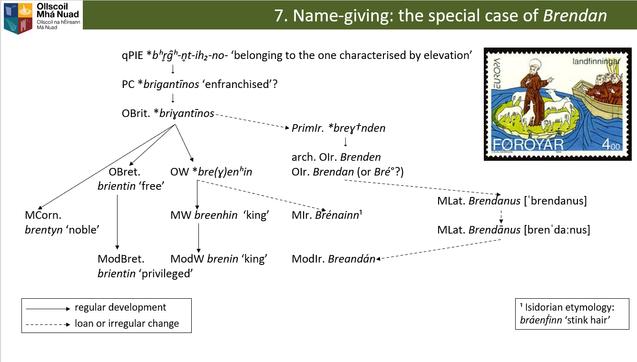Cúpla lacha do bhuail umam inniubh.
Más ar an Bsky atáir, ní bhead in ann t’fheiscint ná do leanúint mura leanair-se @ap.brid.gy.
Polannach ag foghlaim na Gaelainne ⁊ a staire (.i. inna Sengoídilce ⁊ na Gáoiḋeilge Clasaiciġe), ⁊ Gàidhlige na h-Alba cuideachd.
Multilingual: pol, gle, gla, isv (+ some ces, ukr, bel), and a few words of eng.
Freetard. Rust ⁊ Kotlin. Linux desktop since 2006. Neovim, KDE, Firefox (+firenvim + Tridactyl).
Former Pyrkon org.
Basic IE hist-ling (PIE ⁊ Proto-Slavic, Old Irish, OCS).






